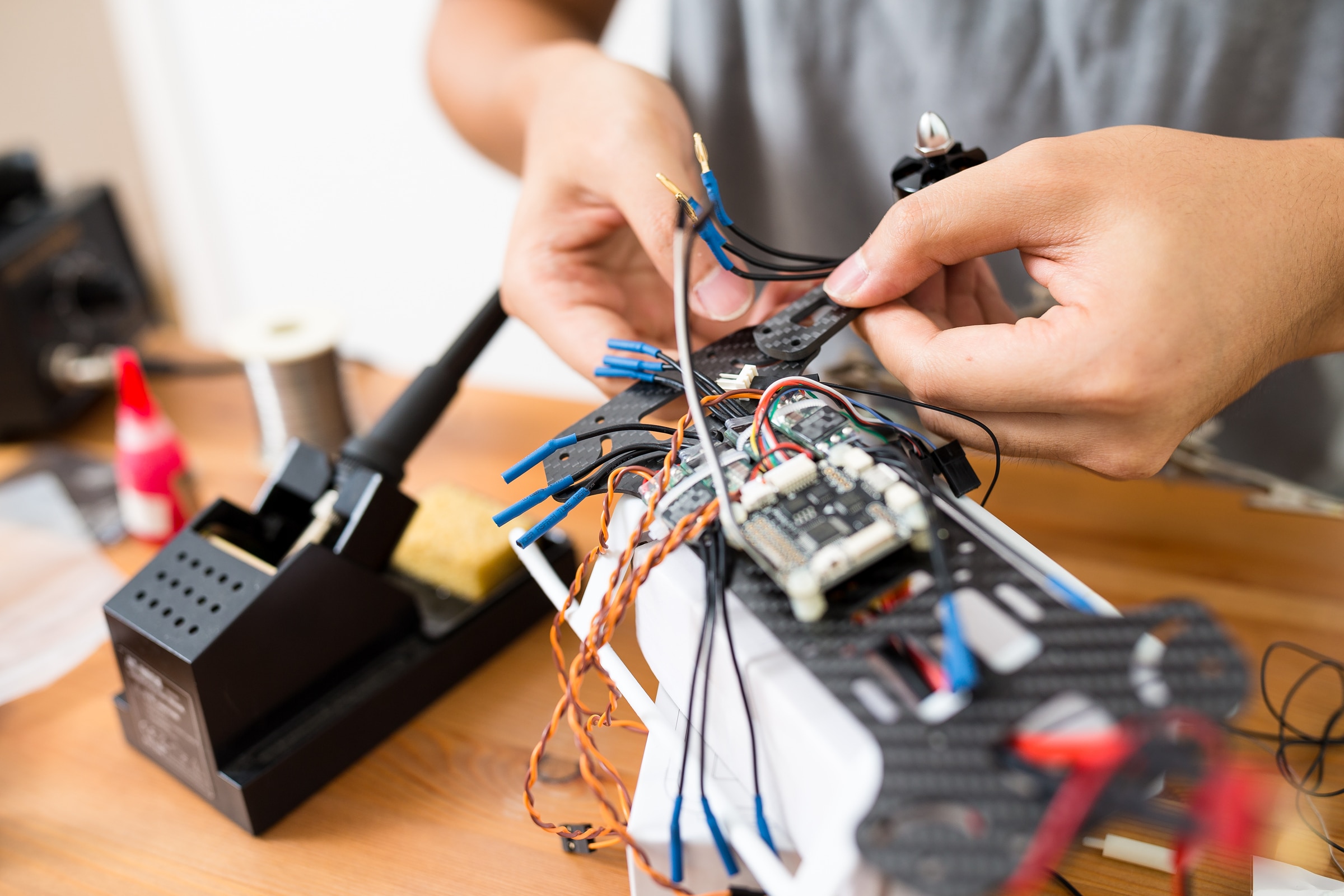How Can UK Security Firms Use Drone Technology to Enhance Property Surveillance?

In today's rapidly evolving technology landscape, drone technology is taking centre stage in many sectors and industries. One such sector where drones are making a significant impact is the security industry. Let us delve into how UK security firms can leverage drone technology to enhance property surveillance, improving safety, and security operations.
The Promise of Drone Technology in Security Operations
Drone technology is not a new concept. However, the evolution and refinement that these high-tech devices have undergone in recent years are impressive. They have emerged as a game-changer in several sectors, and security services are no exception.
Avez-vous vu cela : What Role Does Consumer Psychology Play in UK Branding Strategies?
Security firms in the UK can utilise these advanced devices to complement their existing security operations. Drones can provide high-quality surveillance data, which can be particularly beneficial in monitoring large areas. The real-time surveillance data collected by drones can help security personnel respond faster and more effectively to potential threats or security breaches.
Regulations Governing the Use of Drones in Security Services
While the benefits of using drones in security operations are clear, it's essential to understand the regulations governing their use. In the UK, all drone operations fall under the regulations of the Civil Aviation Authority (CAA). This ensures that drones are operated safely and responsibly, minimising the potential for accidents or misuse.
Dans le meme genre : What Are the Best Techniques for UK Gardeners to Implement Urban Vertical Farming?
These regulations stipulate that drone operators must be licensed, adhere to specific operating conditions, and avoid certain areas such as airfields or densely populated zones. Security firms looking to incorporate drone technology into their operations must be well-versed in these regulations to ensure compliance.
Drones for High-Risk Security Operations
Drones offer a significant advantage in high-risk security operations. For example, security firms often have to monitor large, difficult-to-patrol areas. In these situations, using traditional surveillance methods can be time-consuming, costly, and potentially dangerous for security personnel.
On the other hand, drones can cover these areas quickly and efficiently, providing real-time data to the control room. This allows security firms to identify and respond to potential threats in a timely manner, ensuring the highest level of safety in these high-risk areas.
Drone Technology for Advanced Monitoring Systems
The rise of drone technology has given birth to advanced monitoring systems that can significantly improve property surveillance. These systems can integrate data from drones with other security systems, providing a holistic view of the property's security status.
For instance, advanced monitoring systems can utilise drone data to trigger alarms or notifications in case of unusual activity. This allows for quicker response times and more effective management of security incidents. Furthermore, integrating drones into a security system can provide comprehensive surveillance coverage, ensuring that no area goes unmonitored.
Drone Solutions for the Future of Security Services
Looking ahead, drone technology will continue to play an integral part in the future of security services. Advances in drone technology, such as autonomous operations, facial recognition, and predictive analytics, hold the promise of even more efficient and effective security solutions.
Moreover, the trend towards smart homes and smart cities means that security needs will continue to evolve and grow. Drones, with their ability to provide high-quality surveillance data, will be instrumental in meeting these changing security needs. As the potential of drone technology continues to unfold, it's clear that drones will be at the forefront of the next evolution in property surveillance and security services.
Implementing Drone Technology for Residential Security
Implementing drone technology in the realm of residential security can offer a range of benefits. It can enhance the efficiency of security operations and improve the effectiveness of security measures. In light of increasing concerns about property safety, the use of drones for residential security is an approach that more and more security firms in the UK are adopting.
The drone box, a relatively new innovation, enables drones to be stored safely and launched automatically when an alarm is triggered. This immediate response capability allows for real-time surveillance of the property, enabling security personnel to react quickly to potential security breaches.
Drones equipped with advanced sensors and cameras can collect high-quality data, enabling detailed surveillance of the entire property. This technology can monitor hard-to-reach areas and provide clear images, even in low-light conditions. The use of drones also eliminates the need for security personnel to physically patrol the premises, reducing the risk to human life in the event of a security threat.
Furthermore, drones can be pre-programmed to follow specific routes around the property, ensuring that all areas are adequately covered. They can also be used to monitor the property from various angles, providing a comprehensive view that traditional security systems cannot achieve.
In the residential context, privacy is of utmost importance. UK regulations stipulate that drones must respect people's privacy and cannot capture images through windows or other private areas. Therefore, while drone technology enhances residential security, it also upholds the privacy rights of the residents.
Drone Detection and Countermeasures
As with any technology, the use of drones in security operations also presents new challenges. One of these is the potential for drones to be used for nefarious purposes. Fortunately, drone detection technology is evolving rapidly, offering solutions to counter such threats.
Advanced drone detection systems can identify, track, and neutralise rogue drones that pose a security risk. These systems can detect the presence of a drone based on its radio frequency, thermal signature or visual appearance.
Upon detection, these systems can use various countermeasures to neutralise the rogue drone. This could involve jamming the drone's signals, forcing it to land safely or capturing it with a net.
Security firms in the UK must invest in these countermeasures to ensure that their security operations are not compromised. This will also reassure their clients that their properties are safe from drone-related threats.
Conclusion
The use of drone technology in the security industry is a game-changer. It brings about improved efficiency and effectiveness in property surveillance, enhancing the protection of both commercial and residential properties. Security drones also promise a safer working environment for security personnel, as they reduce the need for physical patrols.
However, as with any technology, there are challenges to be overcome, including the potential misuse of drones and the need for effective drone detection measures. Nevertheless, with regulations in place and ongoing advancements in technology, drones are set to revolutionise the security industry in the UK and globally.
Security firms in the UK must stay ahead of the curve by embracing drone technology and investing in the necessary training and equipment. This will enable them to provide cutting-edge security services, meeting the evolving needs of their clients in an ever-changing security landscape.
